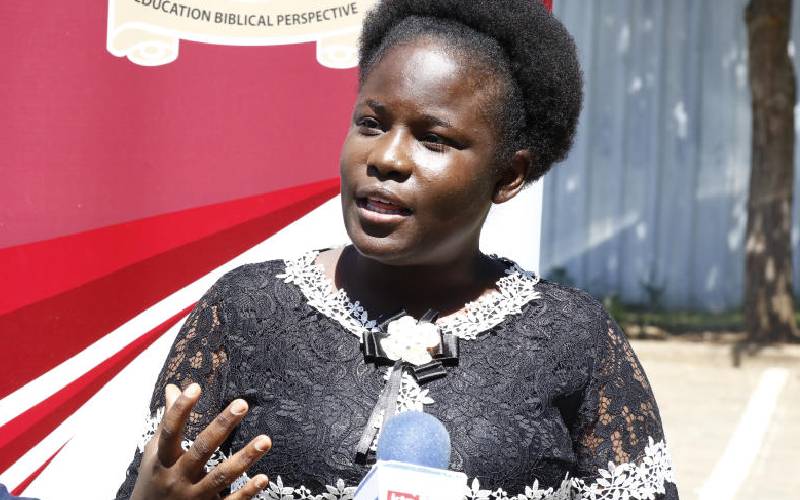×
The Standard e-Paper
Stay Informed, Even Offline

Dr Aderomola Adeola from the Center for Human Rights, University of Pretoria addressing the press during the Continental Workshop on Building solutions to Internal displacement in Africa at Kabarak University School of law on June 7, 2021.[Kipsang Joseph,Standard]
Experts from across the continent have converged at a conference seeking to build on solutions to internal displacement in Africa.